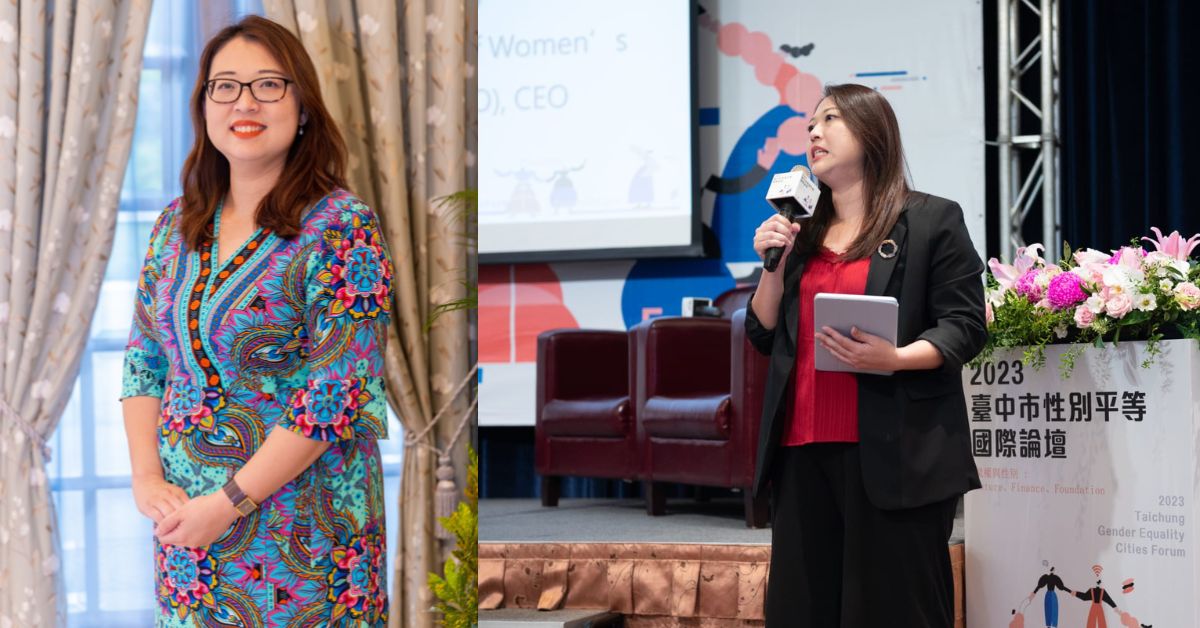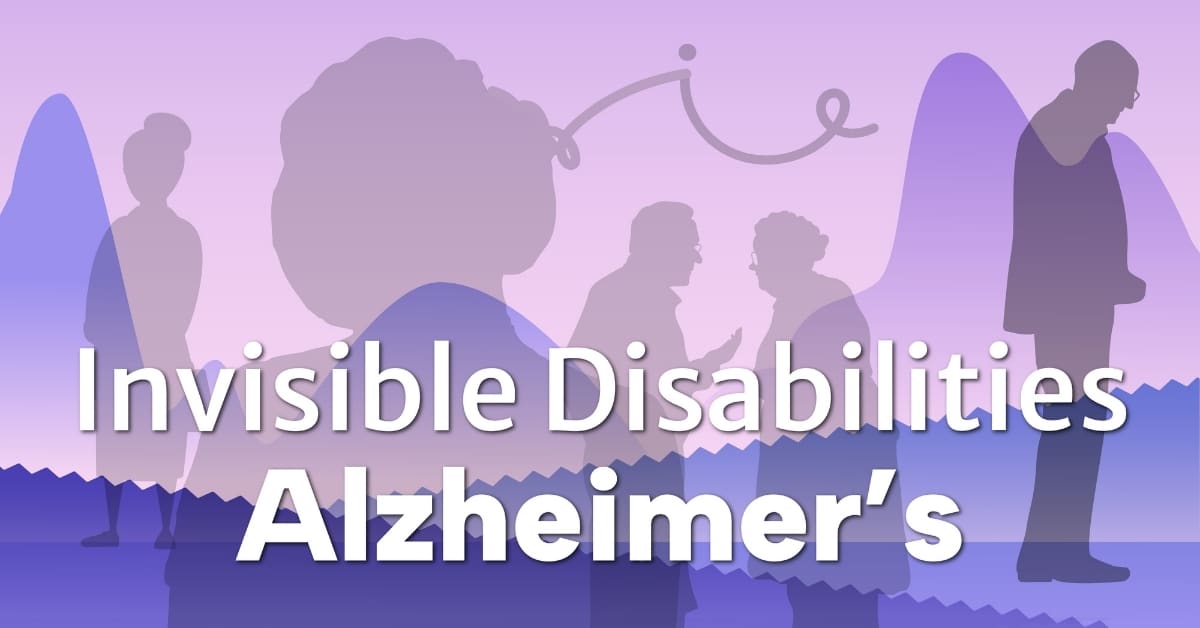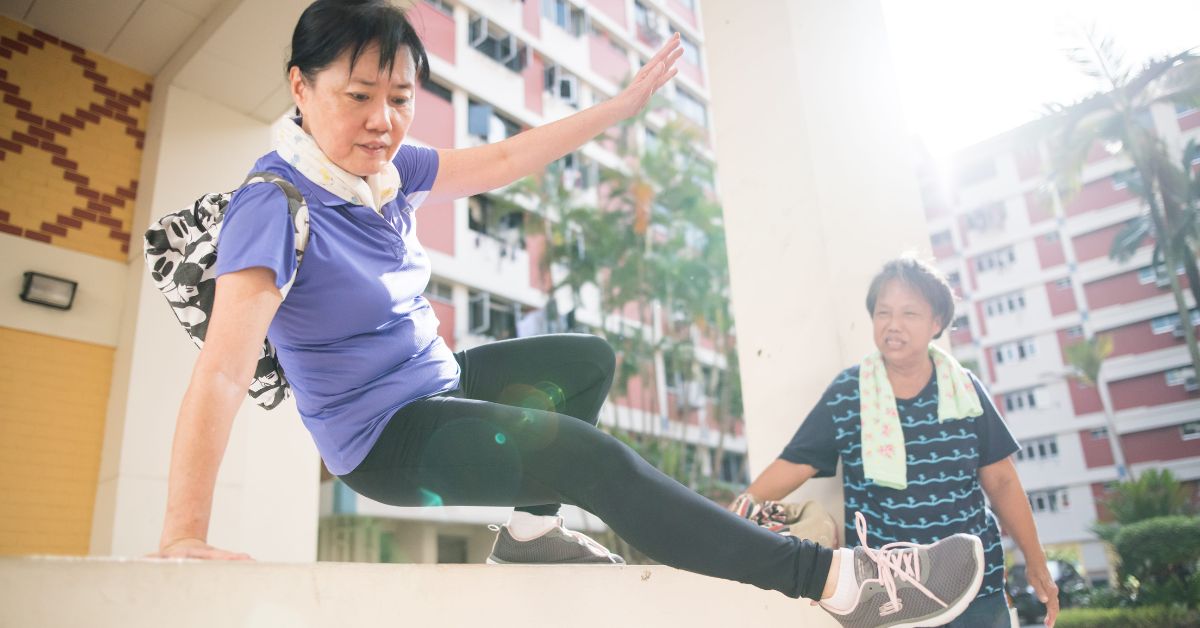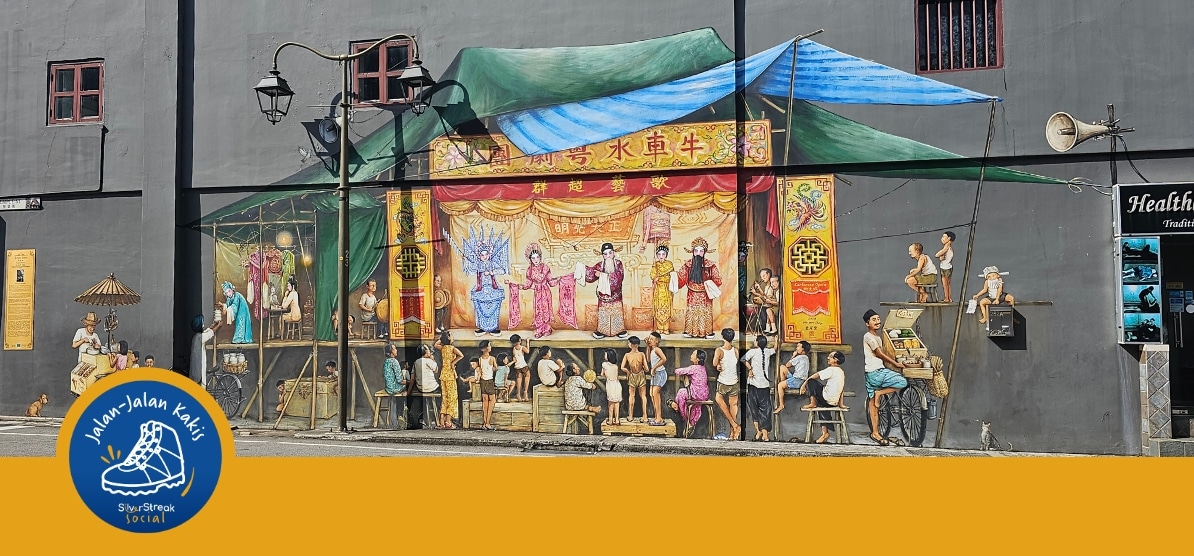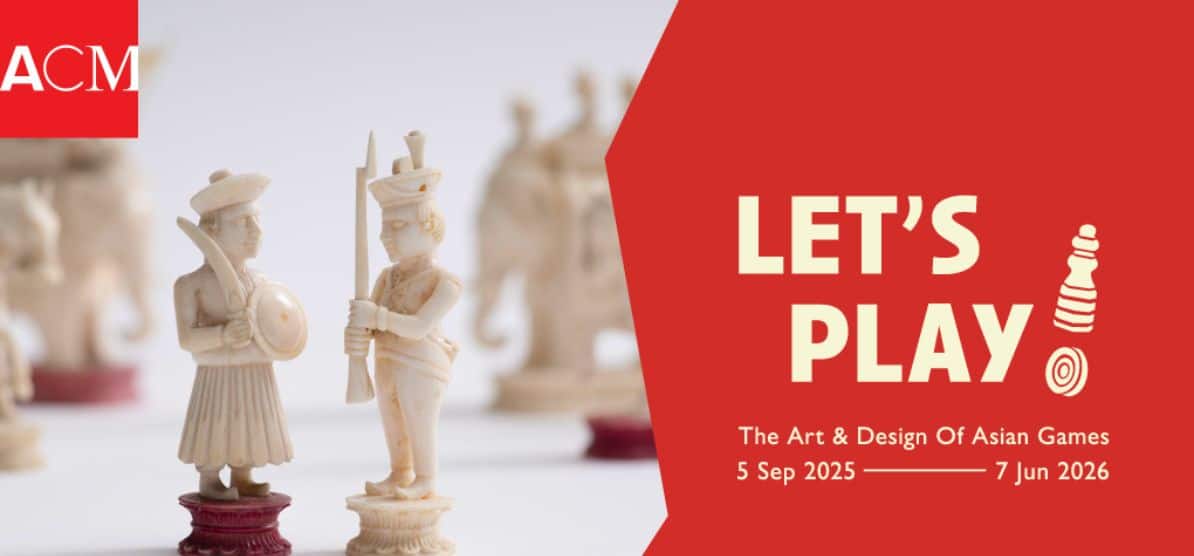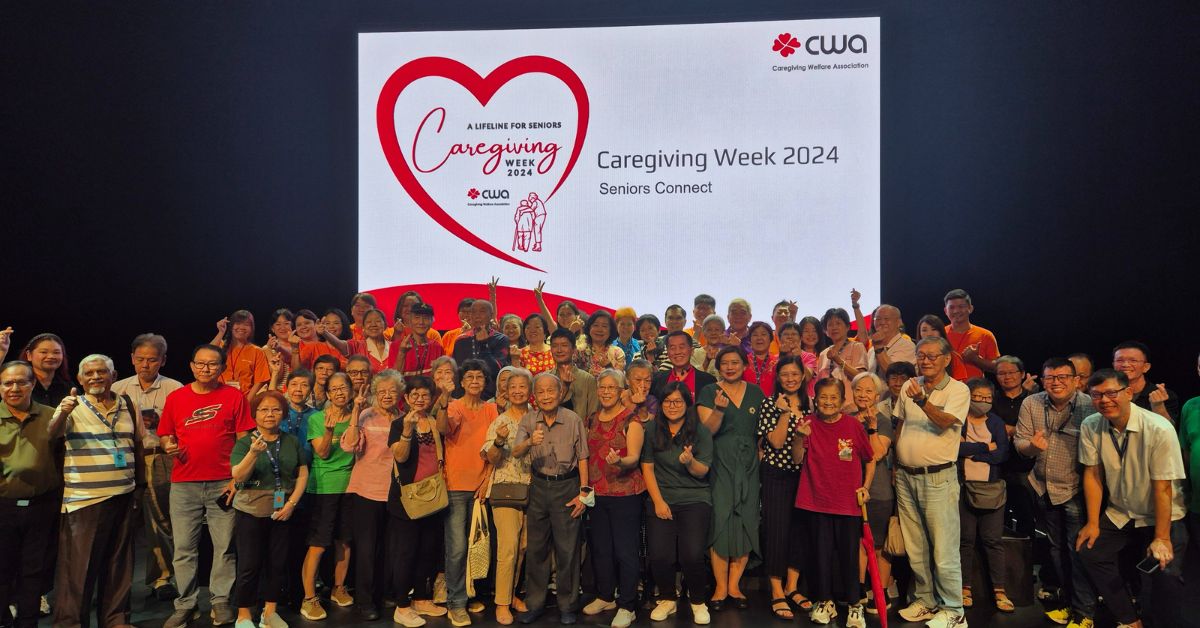
In ageing Singapore, caregiving is a present and ever-growing need, with an increasing number of seniors above 75 often receiving care from a younger – but still silver – cohort who themselves might soon have to grapple with the realities of ageing.
The annual Caregiving Week by the Caregiving Welfare Association (CWA), is designed to support these caregivers. It happened last week (September 16 to 21 2024) across various locations in Singapore.
These caregivers often spend over a decade caring for their loved ones, providing more than 33 hours of care a week while making sacrifices in their social and professional lives.
Added together, this results in a huge emotional and mental toll for caregivers – one that often isn’t noticed or appreciated by people who haven’t provided long-term care for others.
To further empower, appreciate and support Singapore’s caregiving community, CWA also held its first Caregiving Fest at the atrium of Sengkang Grand Mall on September 21.
Advertisement
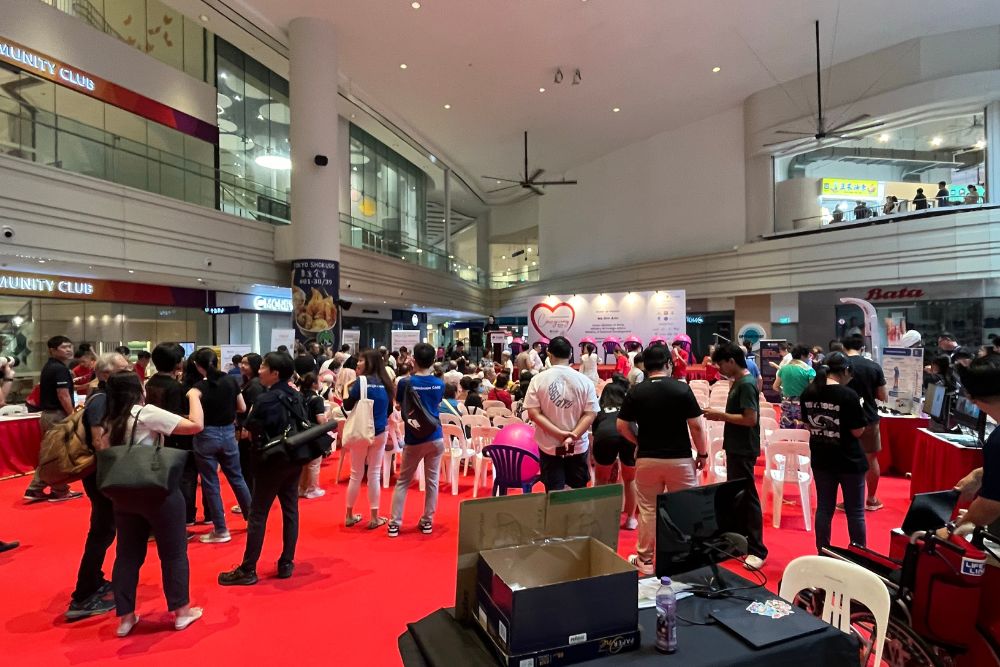
The inaugural event capped off the organisation’s Caregiving Week with a bang, pairing an exciting lineup of performances and talks with related booths. The event was attended by over 150 participants, which included members of the public, industry partners, seniors and of course, the stars of the show, the caregivers themselves.
Senior Minister of State for National Development Sim Ann graced the occasion and applauded the work done by CWA. She highlighted the growing need to support caregivers and seniors in ageing Singapore, while pointing out recent eldercare developments like the latest slate of community care apartments in Geylang (MacPherson) to be offered up this October.
During the event, Steven Yeo, executive director of CWA, also announced that the social service agency would be launching its new Remote Monitoring & Support Programme for Seniors.
The initiative will see the piloting of several tech-enabled home monitoring solutions before eventual evaluation and implementation in beneficiaries’ homes. These gadgets use a variety of sensors or wearables to monitor seniors’ vital signs and well-being, aiding in the provision of timely care without compromising on privacy and dignity.
Ground-up initaitives like a podcast about caregiver stress titled This is What Caregiver Stress Feels Like by independent counselling service Listen Without Prejudice were also talked about at the festival.
Caregiving Week: a week of caregiving support
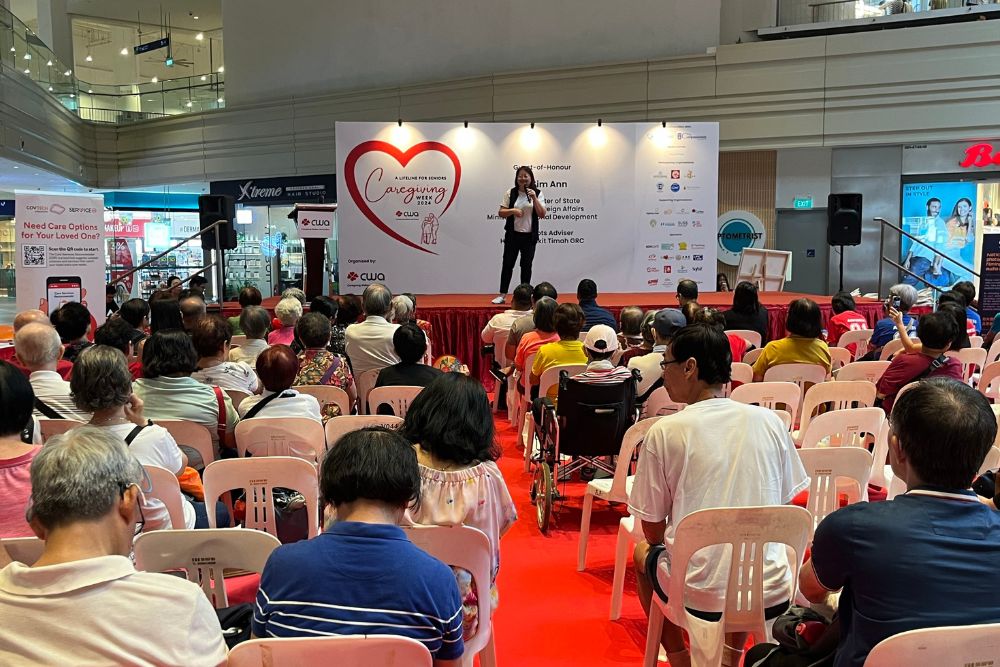
The Caregiving Fest complemented the organisation’s slew of activities over the week, including workshops and talks targeted at both seniors and caregivers. The programme aims to empower them with the skills and knowledge to take charge of their own journeys at both sides of the caregiving spectrum.
For those who weren’t able to attend Caregiving Week, read on for three lessons we learnt from experts in the area and caregivers themselves.
1. Build caregiving relationships on agreement
While caregivers often act in the best interest of their care recipients, this doesn’t mean that they’ll necessarily see eye to eye on every decision of every day. It can range from something as trivial as a healthy meal choice instead of an indulgent snack to major life changes, like downgrading to a smaller home.
That is why caregiving relationships, just like any other, have to be built on a foundation of negotiation and mutual agreement where possible.
Brendan Seah, chief strategy officer at SG Assist, talked about this during Caregivers Connect (September 18) from the perspective of new assistive products designed to help seniors age in place, where some innovations – which can be pricey – end up being white elephants instead of game changers.
That’s why his social service enterprise partnered up with the Singapore University of Social Sciences (SUSS) to launch the Age+ Living Lab – a showcase stuffed with novel eldercare products. Seniors, caregivers and members of the public are free to visit the facility in Yishun for guided tours or to test out these products for themselves.
As with the caregiving process itself, active participation from both the recipient and giver can result in caregiving that’s more suited to both parties’ needs and therefore, more effective in the long term.
2. To help others, you have to help yourself first
Surveys conducted with informal caregivers in Singapore have shown that the emotional and physical toll of managing the responsibilities of long-term caregiving can lead to burnout, stress and increased risk of depression.
Dr Wong Sweet Fun, senior consultant and geriatrician at Khoo Teck Puat Hospital, also speaking at Caregivers Connect, hoped that caregivers can accept that prioritising self-care can lead to better outcomes for their care recipients. She likened it to the instructions given during preflight safety demonstrations – you have to put the oxygen mask on yourself first, then help others.
While self-care typically gets associated on social media with trips to the day spa or indulgent high teas, the self-care she’s referring to involves a more grounded process of learning when to take a break, how to process your emotions and what you can do to seek respite when you need it.
Self-care is not a reward, or me time. It is a lifestyle. You need to adopt it so that you can be refreshed enough to be yourself to do what you’re meant to do.
She said,
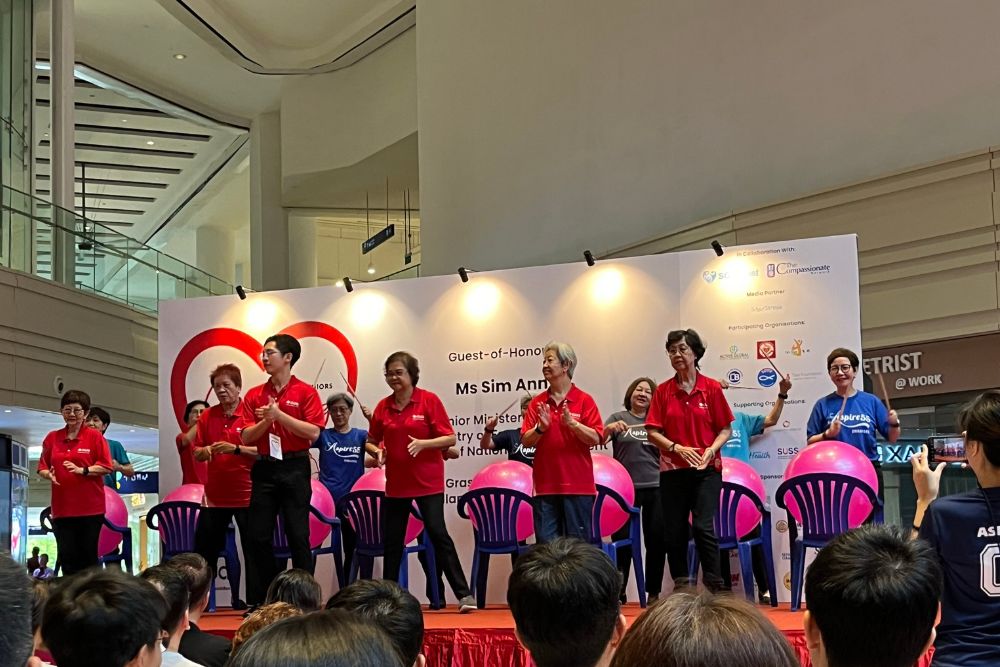
3. "Give what you can, when you can, if you can – and no more"
"Give what you can, when you can, if you can – and no more."
That was the mantra of informal caregiver Joyce Lim in her journey providing care for her parents, one after another, over a period of multiple years.
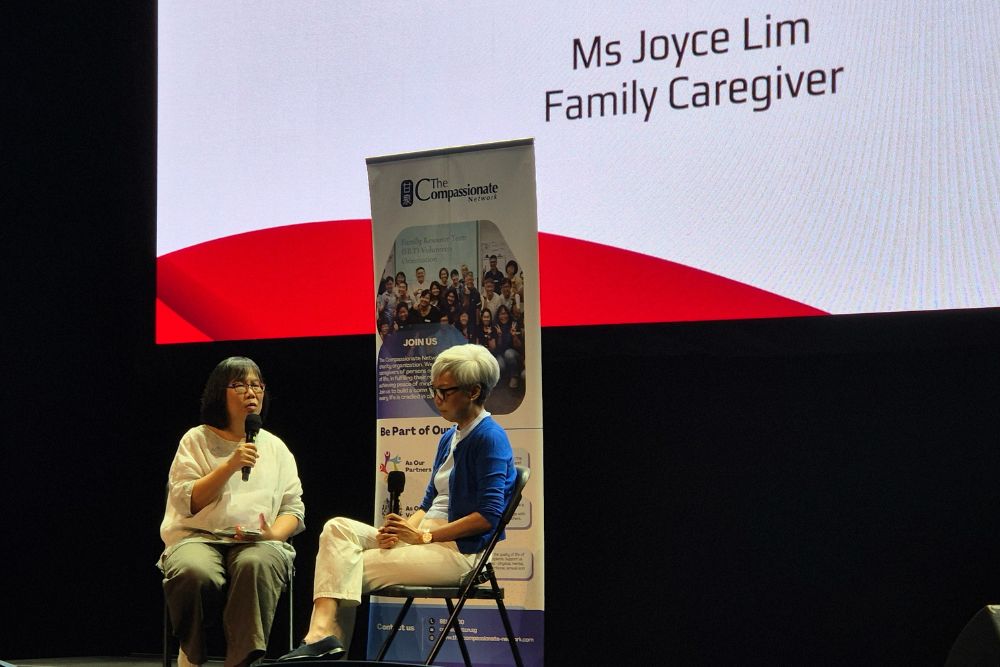
She was sharing the stage at the tail-end of Caregivers Connect with Chee Wai Yee, the executive director of charity The Compassionate Network, for a discussion to be an authentic caregiver.
In Joyce’s view, that meant accepting that there is no such thing as perfect caregiving – only the best decisions that one can make with the information, resources and knowledge at their disposal.
In that vein, she also had to recognise when it was time to lean on the help of others – or brush aside well-intentioned, but ill-informed advice – and when it was time to transition from home-based care to a dedicated care facility.
Being an authentic caregiver is being true to your mission in rendering the care. We want the best for whoever we're caring for, and that might sometimes mean letting someone else take over,
she said.
To find out more about the caregiving services and support provided by CWA, click here.

